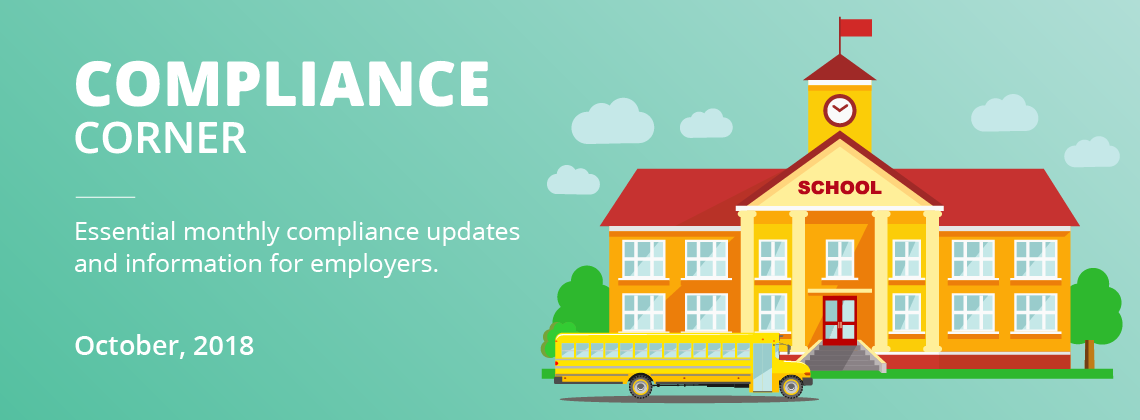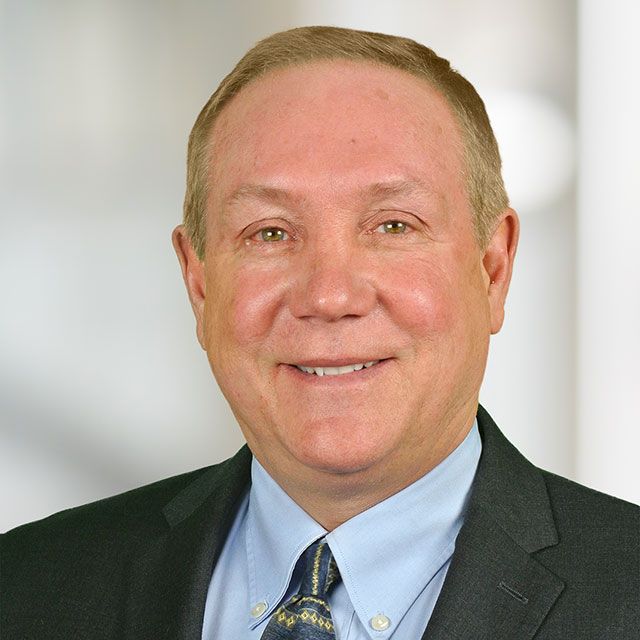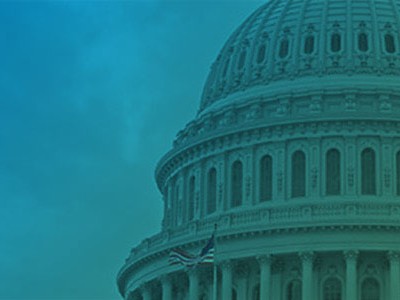Can Paid Sick Leave be Taken for School Closures and Activities?


Paul Kramer
Director of Compliance
With schools back in full-swing and with the snow and flu seasons fast approaching, employers may soon be facing—or perhaps are already facing—leave requests from employees who need time off because their child’s school closed due to a weather emergency or they wish to attend a school-related activity. By now, many employees have heard about the paid sick leave trend sweeping the United States and may try to use one of these laws to address issues relating to their child’s schooling. Since each of these paid sick leave laws is different, employers should not immediately scoff at such a request because some of these state and local sick leave laws permit employees to take time off for school emergencies and events. Here are a few examples:
Minneapolis Sick and Safe Time Ordinance.
Requires covered employers to accommodate an employee’s need to care for a family member whose school or place of care closes by order of a public official to limit exposure to an infectious agent, biological toxin, hazardous material, or other public health emergency. Accrued time off may also be taken due to school closures caused by inclement weather, loss of power, loss of heating, loss of water, or other unexpected reason.
New Jersey Paid Sick Leave Act (effective October 29, 2018).
Paid sick leave may be taken due to school or place of care closures caused by an epidemic or other public health emergency, as well as to attend school-related conferences, meetings, functions, or other events requested or required by a professional staff member. Leave may also be used to attend a meeting regarding care provided to a child in connection with the child’s health condition or disability.
New York City Paid Sick and Safe Time Law.
Leave can be used for absences relating to an employee’s need to care for a child whose school or childcare provider closes because of a public health emergency, and to enroll children in a new school when the employee or a family member has been the victim of a family offense, a sexual offense, stalking, or human trafficking.
Digitalize Compliance Processes to Reduce Risk
Learn more effective ways to demonstrate compliance with the complex matrix of labor laws, while also keeping costs down and reducing risks.
Saint Paul Earned Sick and Safe Time Ordinance.
Covered employers must accommodate an employee’s need to care for a family member whose school or place of care closes by public order to limit exposure to toxic agents, hazardous material, or other public health emergency. Leave may also be used for school shut-downs due to bad weather, loss of utilities, or other unexpected cause.

Vermont Earned Sick Time Law.
Allows paid sick leave to be used to care for a parent, grandparent, spouse, child, sibling, parent-in-law, grandchild, or foster child because the school or business where that person is located closes for public health or safety reasons.
Washington Paid Sick and Safe Time Law.
Employees may use paid sick leave when their child’s school or place of care closes by public authority for any health-related reason.
Determine which sick leave laws apply to employees.
To properly address school-related time-off requests, employers should determine which, if any, paid sick leave laws apply to their employees and if school-related absences are covered. These state, county, and municipal laws all differ in their application and coverage—including the reasons for leave—and to stay compliant employers should be aware of these differences. If a paid sick leave law applies to your workforce, closely analyze its notice provisions and require employees to provide as much notice as legally possible to reduce the disruption to your business. And finally, publish a written policy informing your employees of their rights and obligations under these laws.

